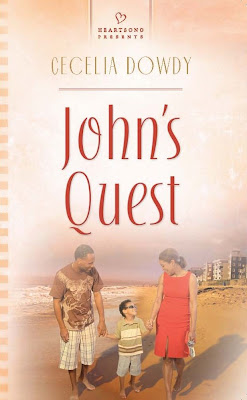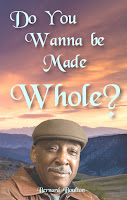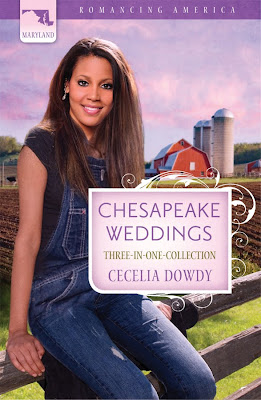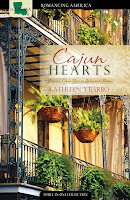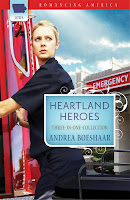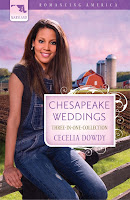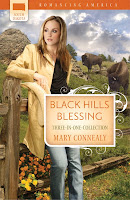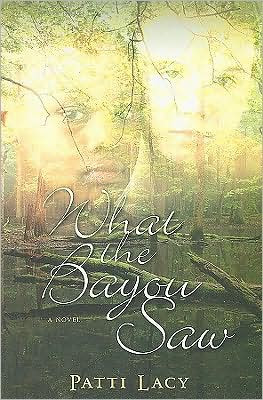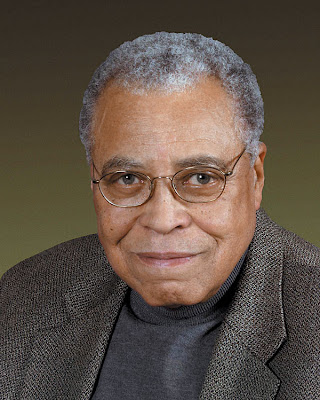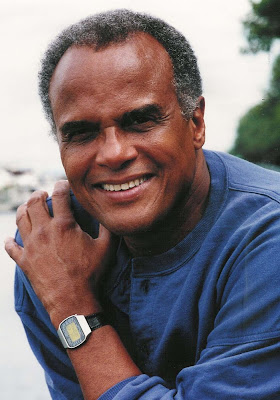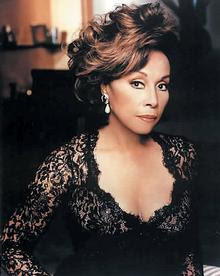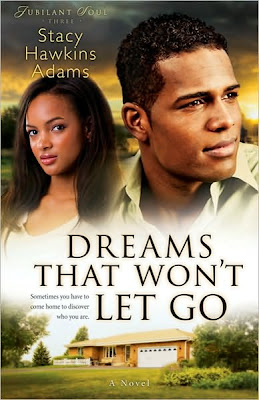
Dreams That Won’t Let Go
by Stacy Hawkins Adams
ISBN: 978-0-8007-3268-4
January 2010; $12.99
I finished this book a few weeks ago but waited to post my blog entry during the tour dates. Indigo Burns is planning her wedding with fellow photographer and soul mate Max. Her life seems good, but, beneath the surface, there are familial problems lingering in her life. These problems are stewing, simmering, waiting to erupt because these complications have been around for several years! Indigo’s brother Ruben is back in town with his blind wife and young son. Indigo’s parents hover over Ruben, ignoring her and her other sibling. Ruben’s recent move has caused both happiness and sadness within the Burns family and it takes pastoral intervention for the parents to see the errors they’ve made in raising their children/grandchildren.
Indigo and her siblings lost their parents in an auto accident years ago, which caused a lot of disharmony in their family. They were raised by their grandparents, and the grandparents did not always make the best decisions about the upbringing of their grandchildren.
I think a lot of people can relate to this novel because it deals with issues that most of us face within our own families. The book also stresses that we need to lean on God in order to overcome the problems that may cause a burden between ourselves and our siblings and parents.
ESSENCE BESTSELLING AUTHOR RELEASES NEW BOOK:
Sometimes you have to come home to discover who you are…
Essence bestselling author Stacy Hawkins Adams
releases the final book in her popular Jubilant Soul series: Dreams That Won’t Let Go.
Readers have followed along with the Burns family of Jubilant, Texas as they’ve experienced heartaches, celebrated new faced life-changing choices and learned how far faith can carry them through it all.
Now in Dreams That Won’t Let Go, everything seems to be going along perfectly for Indigo Burns: Her wedding preparations to the man of her dreams are under way and her career as a photographer is a success. Even her family seems to be doing better than ever—all except her brother Reuben who no one has seen in years. But that’s about to change, because Reuben has decided to move back home to Jubilant, bringing with him all his unspoken secrets and upsetting all of Indigo’s best-laid plans.
As the family struggles to deal with the pain of the past and find healing, Dreams That Won’t Let Go illustrates that despite what has happened in our lives, there is always a second chance where love conquers all.
Stacy Hawkins Adams is a writer for the Richmond Times-Dispatch and the author of several novels, including the Essence bestseller The Someday List and Worth a Thousand Words. All of Stacy’s novels have been bestsellers in Black Expressions Book Club.
Revell, a division of Baker Publishing Group, offers practical books that bring the Christian faith to everyday life. They publish resources from a variety of well-known brands and authors, including their partnership with MOPS (Mothers of Preschoolers) and Hungry Planet.
For more information, visit www.RevellBooks.com.


